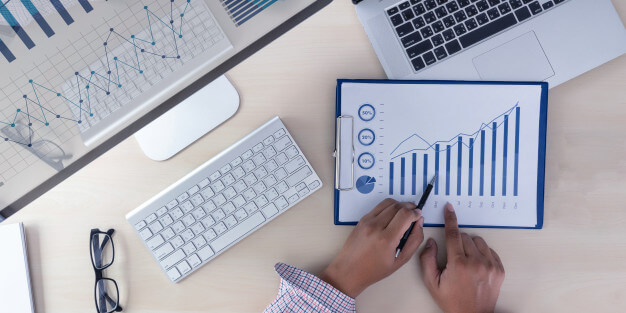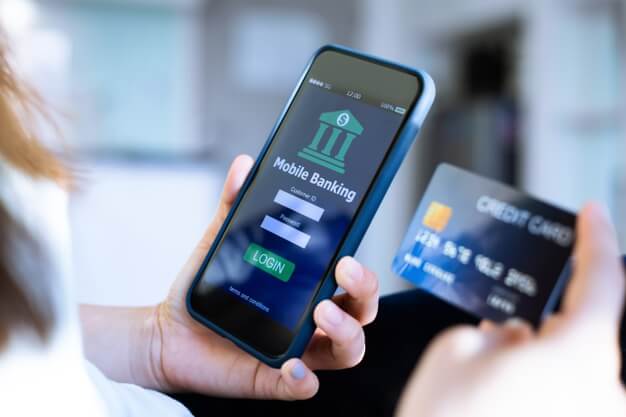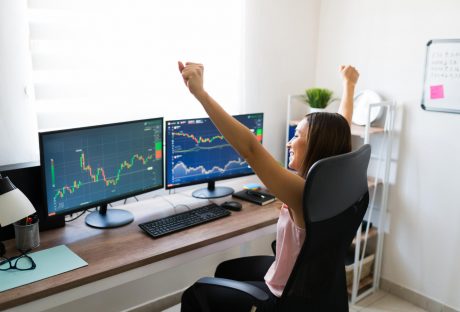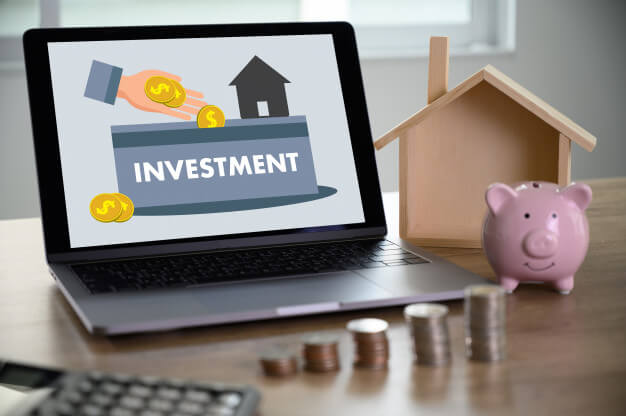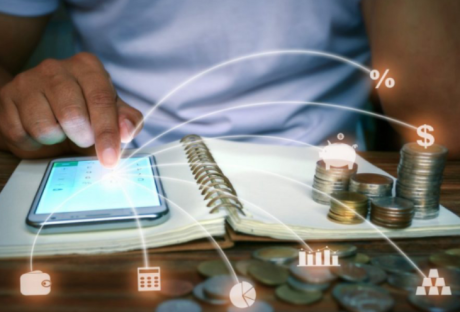It’s easy to think only the big things matter when you’re looking at your finances. Your choice of mortgage and how much student debt you carry tie up your money in major ways, after all. Their effects can be so significant that many people assume they can’t make any positive changes to their finances until they can renegotiate their mortgage or pay off their debt. But these people are forgetting the lesson of the butterfly effect. Though the flapping of a butterfly’s wings may seem insignificant, the air it displaces can set off a chain reaction that causes a hurricane half-way around the world.
If you’re ready to start improving your finances, don’t let the size fool you. You don’t have to wait until you can sort out the big things in your ledger. Even small financial choices can have a huge impact on your life. Take a look at this list of simple and small changes you can make to help bring order to your financial house.
Shop for groceries like a pro :
Your weekly trip down the aisles can lead to considerable savings if you’re organized. Maximize your savings at the supermarket by including these techniques every time you shop:
- Make a list: Research from the University of Pennsylvania shows shoppers who use lists can save 23 percent on their grocery bills. How? Those that stick to a list are less likely to make impulse purchases that bloat their bills.
- Shop generic: Recognizable brands often cost more money for no other reason than the label. Compare prices of generic items and make the switch.
- Use coupons: Coupons strike serious cash off certain items, especially when you use them on top of existing sales. Certain retailers allow you to stack them, so you can redeem more than one coupon on a single item and double, triple, or quadruple your savings.
- Price match: When half of your list is on sale at one grocery store, and the other half is on sale at another, you can cash in on both sets of promotions by shopping with a retailer that price matches competitor’s flyers. Though it will take some time at the till this strategy will save you the cost of driving around town to cash in on deals.
Bank differently :
How you deposit, withdraw, save, and invest can affect what’s sitting in your accounts. Slash unnecessary charges and drama from your life by adopting these new banking habits:
- Open a no-fee checking account: Most banks charge you monthly fees if you can’t keep a minimum balance. You can skip these charges by transferring your funds to a bank that doesn’t place these restrictions on your accounts.
- Stop using ATMs: Depending on where you live, you can spend $5 for the privilege of using an ATM. Let this post help you cut these charges out of your life by withdrawing from your bank directly.
- Search out online solutions: Traditional banks often have complex barriers that delay or prevent you from getting a loan you need to pay a bill, causing you to miss deadlines and pay more in interest. Direct cash advance lenders like MoneyKeyaren’t bound by the same red tape in most US states, so getting a payday loan from MoneyKey.com is simple by comparison. They’ve eliminated many of the complexities bogging down conventional assistance, so you can get a necessary cash advance quickly when time is of the essence.
- Shop with cash when you can: While mobile payments are more convenient, shopping with digital forms of cash can cause you to spend more. Try shopping with cash as much as possible, leaving credit cards and other e-payments for unavoidable purchases.
Though few of these tips are impressive on their own, their true significance lies in their cumulative effects. Make enough little changes for long enough, and your financial habits can result in considerable savings.
Read Also :













